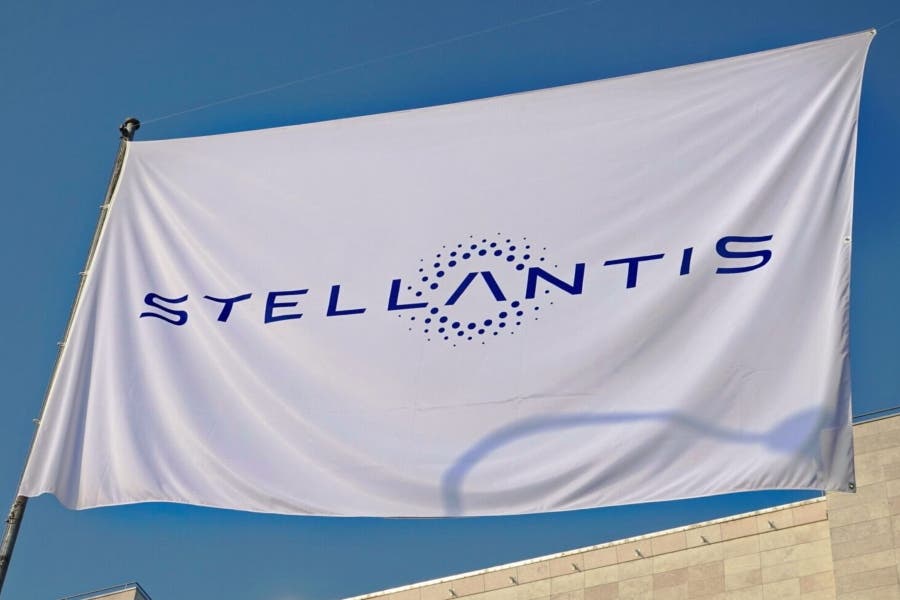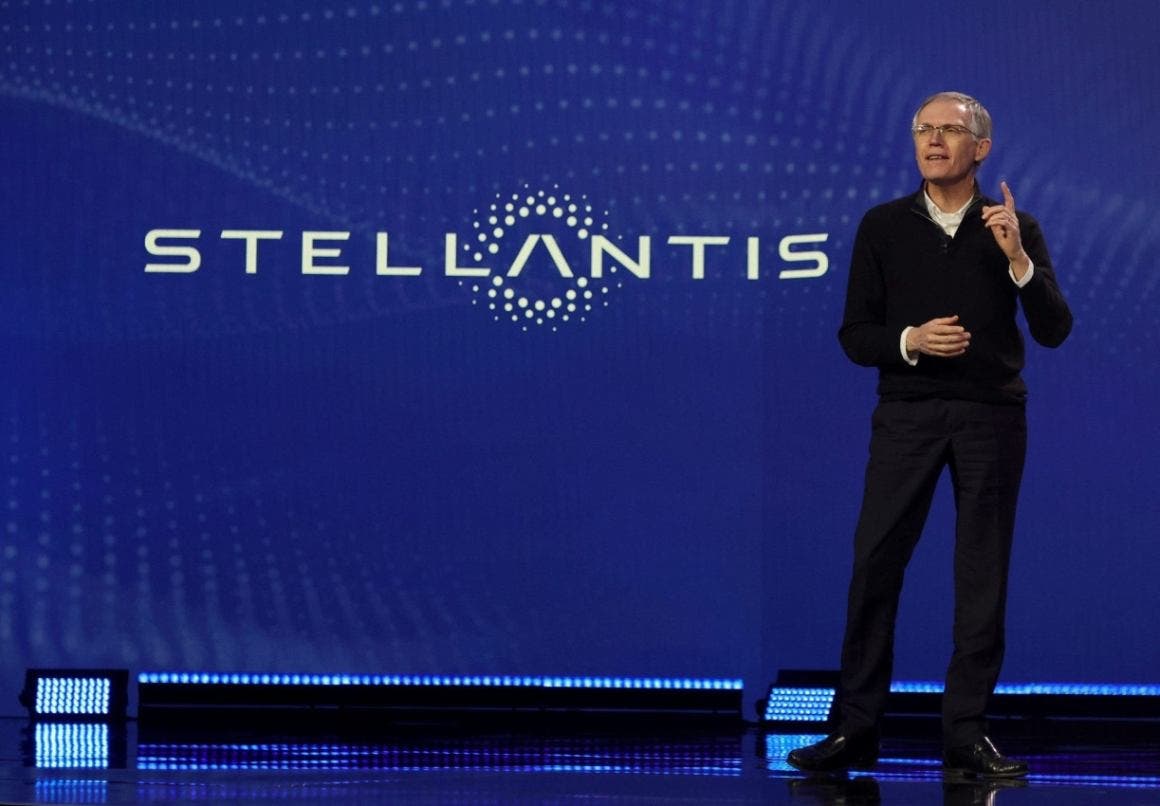Stellantis CEO Carlos Tavares has made a heartfelt appeal to all players in the automotive industry: governments, manufacturers, and consumers. The goal is to join forces to accelerate the transition to electric mobility, making electric cars more affordable and accessible to all.
Stellantis: stronger incentives to accelerate electric mobility
At the Bernstein 40th Annual Decisions Conference Carlos Tavares-number one of the Stellantis Group-emphasized the great need for more incentives to be made available to encourage the purchase of electric cars. The goal should be to make electric cars more economically accessible to consumers, only in this way could their diffusion be accelerated. According to Tavares, government incentives are a key tool, to say the least, in achieving this goal. Going into more detail, the Stellantis CEO proposes increasing the incentive amount and expanding the criteria for increasing the number of beneficiaries.
This is not the first time Tavares has raised the issue we are talking about. In fact, the automotive giant, born from the merger between FCA and PSA, is certainly at the forefront of the transition to electric mobility. But this struggle, as Tavares points out, requires a commitment from all the players involved, from manufacturers to governments, without which the pace cannot be shortened. This is the topic again discussed at the Bernstein 40th Annual Decisions Conference.

According to Carlos Tavares, the consumer demand toward electric is quite clearly. But to make it possible and affordable, it needs everyone’s support to make it happen. Fortunately, environmental awareness is growing, but by itself it is not enough to drive the transition. Major collaborative concrete commitment from governments and manufacturers is increasingly needed.
Tavares also highlighted how there has been a drop in electric vehicle sales in Germany after the reduction in incentives was put in place. This, demonstrates the need for support that is ongoing, without which it will never proceed at the speed hoped for. In fact, the higher prices of electric cars compared to gasoline or diesel cars are still a difficult obstacle for many buyers to overcome. To solve this kind of problem, Tavares’ proposal would be for an overall cost reduction along the entire process, starting from procurement to logistics.
This cost reduction would inevitably require a major change for suppliers. Indeed, this would mean that production could shift to areas with lower costs. Already, Stellantis is addressing this challenge with the use of multi-energy platforms that can be conveniently adapted to the different requirements that the current and future market demands.
Purchasing an electric car nowadays means making a significant financial sacrifice, but it is an investment aimed at a more sustainable future. Tavares’ appeal is addressed to all players in this change: governments, manufacturers, consumers. Only through a common commitment will it be possible to achieve the ambitious decarbonization goals of the automotive sector.
